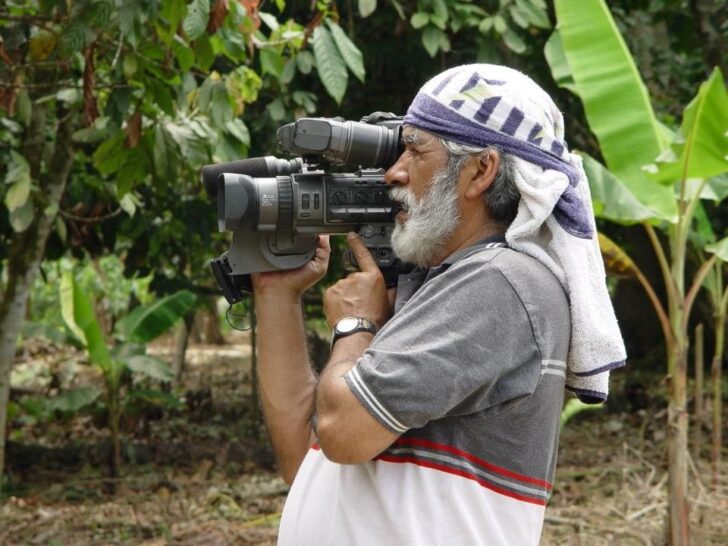On Tuesday, January 28, a public hearing was held before the Inter-American Court of Human Rights in the case of Julio García Romero vs. Ecuador. García Romero, a Chilean journalist, died of asphyxiation from tear gas on April 19, 2005, while filming Ecuadorian police violently repressing a protest against the government at the time.
García Romero’s family has long demanded that the authorities and judiciary conduct a proper investigation to identify and prosecute those responsible for his death. To this day, the case has not been prosecuted.
CELS and RFK Human Rights submitted an amicus curiae brief before the Inter-American Court, emphasizing the need to protect the right to protest, freedom of expression, and the work of the press in the context of public demonstrations. Our submission also examined the impact of “less-lethal” weapons in protest repression across the region and the urgent need for regulatory frameworks to limit the unjustified use of force.
Why this case still resonates today
In issuing a ruling, the Court has the opportunity to establish new standards for the region. First, the case involves both the right to protest and the special protections afforded to journalists in such contexts. In April 2005, Ecuadorian authorities carried out a disproportionate security operation with the sole aim of dispersing protests. This case questions the criteria and circumstances under which security forces may intervene in protests, and the limits that must govern their conduct.
Second, the case presents an opportunity for the Court to rule on the use of less-lethal weapons by public security forces—especially during demonstrations. In the protest where García Romero died, police used tear gas in an indiscriminate and disproportionate manner, launching canisters into crowds and causing serious harm.
Finally, the authorities’ failure to effectively investigate the case—and the lack of accountability from both political leaders and security forces—gives the Court a chance to rule on the duty to investigate, state accountability, access to justice, and the right to reparation.

